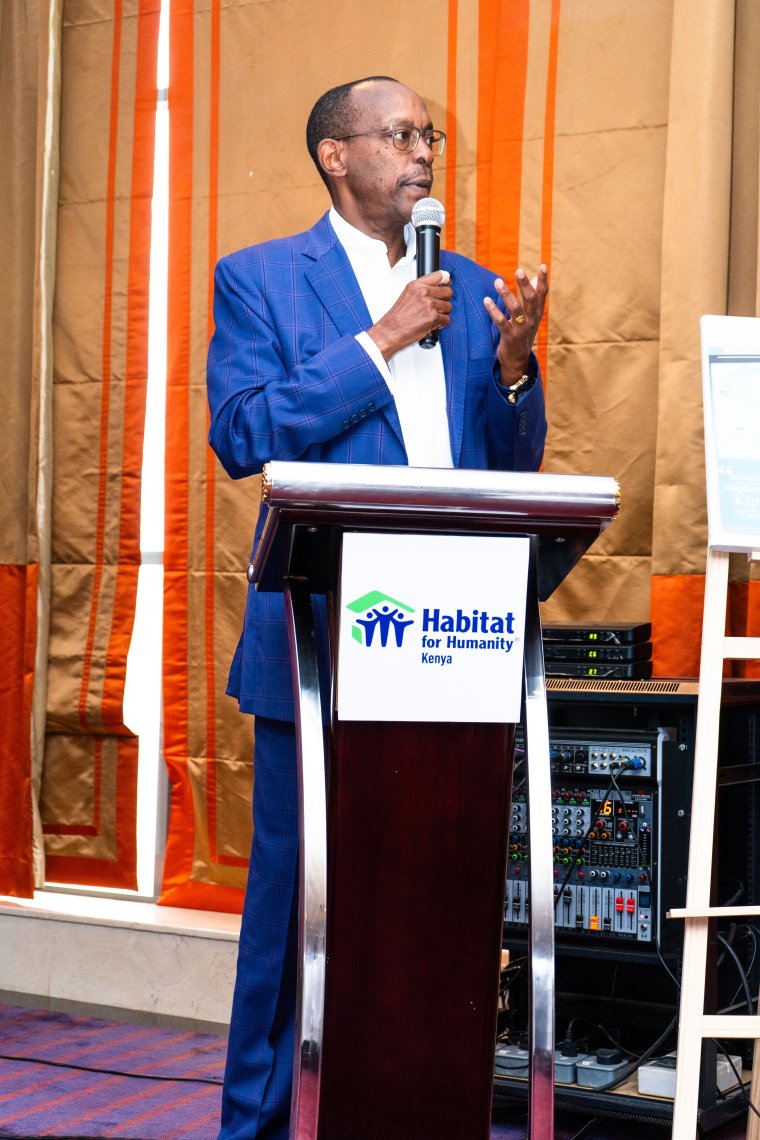Featured Projects
Housing Market Systems Development
Innovation and Entrepreneurship: Habitat aims to stimulate the entrepreneurship ecosystem to ensure innovators and startups continue to innovate shelter solutions and attract and raise capital to grow their business. This program contributes to stimulating and nurturing ground-breaking affordable shelter solutions.
Through the ShelterTech platform, the world’s leading platform for affordable housing innovation, Habitat implemented the first ever shelter-focused accelerator in the region in 2018, reaching over 30 innovators and investors in the African and Nordic investor ecosystem. Some start-ups coming out of the first ShelterTech accelerator have solutions ranging from recycling agricultural waste and plastics to housing products hence contributing to sustainable housing solutions.
These entrepreneurs are then plugged into a global network of housing entrepreneurs. Ecosystem partners include BDO, Pangea Accelerators, iBiz Africa, The Kenya Industrial and Research Development Institute (KIRDI) among others.
Housing construction labour program: Habitat recognizes the important role that housing construction workers, commonly called fundis in Kenya, play in ensuring the quality of affordable housing. This intervention seeks to open up access by households to quality housing construction services while improving the job quality and conditions of the fundis who serve them, with a particular focus on youth and gender inclusivity.
Habitat focuses on four main components: improving skills of workers; facilitating workers to competitively access descent jobs, stimulating demand for quality housing construction services; and addressing regulatory and policy changes that allows fundis to be recognised and certified based on prior knowledge and to enable them to participate freely in the market.
Key partners include, technical vocational training institutes, for example, the YMCA’s National Industrial training colleges in Kenya, Toolkit/iSkills, market aggregators of construction services – iBuild Kenya, ToolKit iSkills, Eurofix, and policy and regulatory bodies – the Kenya Engineering Technology Registration Board – KETRB. Working with these partners, the programme has so far reached over 40,000 fundis.
Construction practices; Construction practices are key to the attainment of quality affordable housing for low income households. Through this programme, applies systems thinking, human centered design, and behavioral change approaches to influence the behavior of low-income households. We aim to trigger, consolidate and/or facilitate efforts, understanding, practices and learning on social norms, practices and attitudes that underpin construction practices.
Our programme strategy is to support and work with key stakeholders in the housing market to understand and influence behaviors, policies and promote innovations in favour of practices that foster effectiveness, efficiency, durability, quality and ultimately cost saving for low-income households.
Key interventions in this programme are focusing on: supporting material manufacturers, through funding and technical assistance, to innovate affordable and durable construction materials that will serve the owner driven construction market and enable low income households build quality homes, collaboratively working with built environment professionals and professional bodies to develop quality standards and tailor their advice to households on quality, durable and affordable materials and technologies , working with key stakeholders in the built environment, including professional bodies and health practitioners to develop and promote solutions and advice on healthy housing practices and influencing behaviours in favour of construction best practices that foster effectiveness, efficiency, durability, quality and affordability.
The advent of the COVID-19 pandemic and the call to shelter in place has provided sharper focus on our Construction Practices work on Housing and health. Current efforts include designs and interventions to vector proof the house.
Our partners include The Architectural Association of Kenya (AAK), Innocentive, Mycotile, Start Somewhere, Gjenge and Makiga among many others.
Housing behavior change: For low-income families, living on $5-10 a day, the housing challenge is exacerbated by limited capacity and information to navigate the complex housing environment. They mostly rely on unskilled laborers, or fundis, for their entire construction or house improvement process since professional services are out of reach due to cost.
This option comes with various challenges for households, including not being in control of the end results due to information gaps, difficulties in choosing appropriate materials, technologies, cash flow, ballooning costs and general challenges in managing funding.
This program works with partners on multiple strategies to address knowledge, uptake and use of available and emerging housing solutions and products. Habitat is currently working with media companies in Kenya to raise awareness and seeking to influence behaviours. In 2020, Kenya’s Nation Media Group through their television channel NTV included six episodes on incremental construction practices and materials into its popular evening show The Wicked Edition. This program has reached more than 9 million Kenyans over several months.
Water, Sanitation and Hygiene, or WASH
Habitat develops and delivers inclusive WASH interventions that are customized, affordable and sustainable. Our WASH programs are placed within the overall housing and urban ecosystems and drawn from community-driven processes. Habitat strives to use contextually appropriate technologies, engages in responsible use of natural resource and includes into projects, where appropriate, information and knowledge management opportunities. In Kenya, Habitat’s experience with WASH started in 2016, when the organization worked with orphans and vulnerable groups in selected communities in Laikipia, Homabay and Machakos. Habitat constructed new houses and water and sanitation facilities for 102 families. Since 2018, this program has reached more than 10,000 people in local communities and schools. Habitat drilled boreholes, renovated public water points, and developed water harvesting systems and water storage facilities for households. Procter& Gamble, Samsung and LG Electronics have funded this work.
Disaster Risk Reduction & Response
This programmatic area supports communities in reducing risk and expose to disasters as well as helping develop sustainable disaster response interventions. Habitat mobilised $1 million from local corporates and individuals to build 335 houses for internally displaced people in 2012. The organization also carried out WASH interventions in drought prone areas.
Since the COVID-19 pandemic outbreak, Habitat has distributed cash transfers to vulnerable communities in Laikipia and Homabay counties. Habitat disaster reduction and response programs draw upon the organization’s larger Pathways to Permanence approach to reducing the vulnerability of disaster-affected families, using a holistic program that puts them on a path to durable, permanent shelter solutions — an issue of particular importance given the tendency for affected families with shelter needs to engage in self-recovery and owner-driven reconstruction after disasters.
Habitat focuses as much on the process of sheltering and risk reduction as it does on the products that may support it. Effective shelter assistance and programs build on those efforts. Our goal is to restore not only physical structures but also social, economic, natural and cultural environments. Shelter assistance also serves as a platform for health, water, sanitation, livelihood protection, education and other post-disaster interventions.
Land Tenure Security
Advocating for land rights, especially for low-income women, helps develop and empower local communities. Evidence based advocacy is promoting learnings and raises awareness of the land tenure issues in Kenya. Habitat’s advocacy program focuses on:
- advocating for the improvement of land governance and administration systems;
- working with county governments to digitalize land titling and develop alternative tenure options;
- empowering women and other vulnerable groups to secure land tenure through formal and informal mechanisms of land ownership;
- supporting policymakers to promote policies, laws, systems and practices that advance tenure security;
- creating public awareness about existing land laws and tenure options and empowering community lobby groups to influence land access and ownership.
Habitat’s experience with advocacy goes back to 2018. Our Solid Ground campaign supported women and vulnerable groups to secure land titles and raise awareness of existing land laws and tenure options.
Interventions included legal and financial support to process formal ownership and advocating with local and national governments to recognize and implement incremental land ownership alternatives.
Habitat successfully lobbied with the local and national government to allocate 50 acres of land and issue land titles to 400 families in Laikipia.


